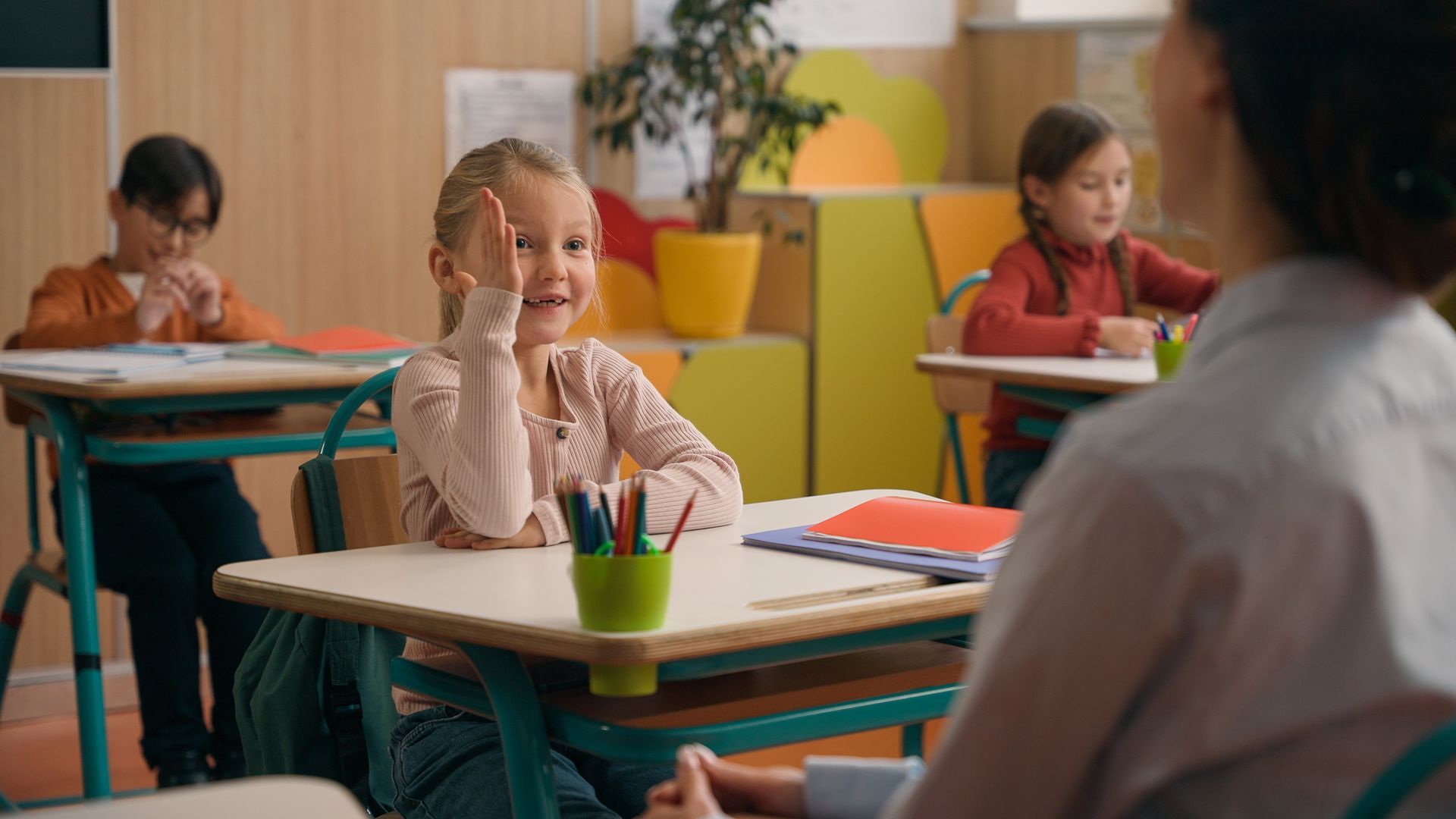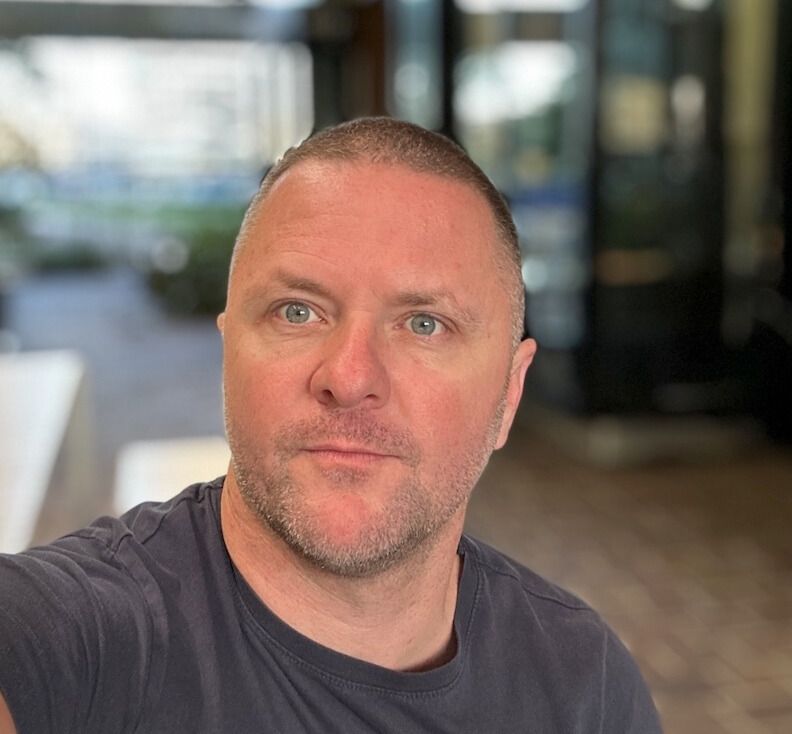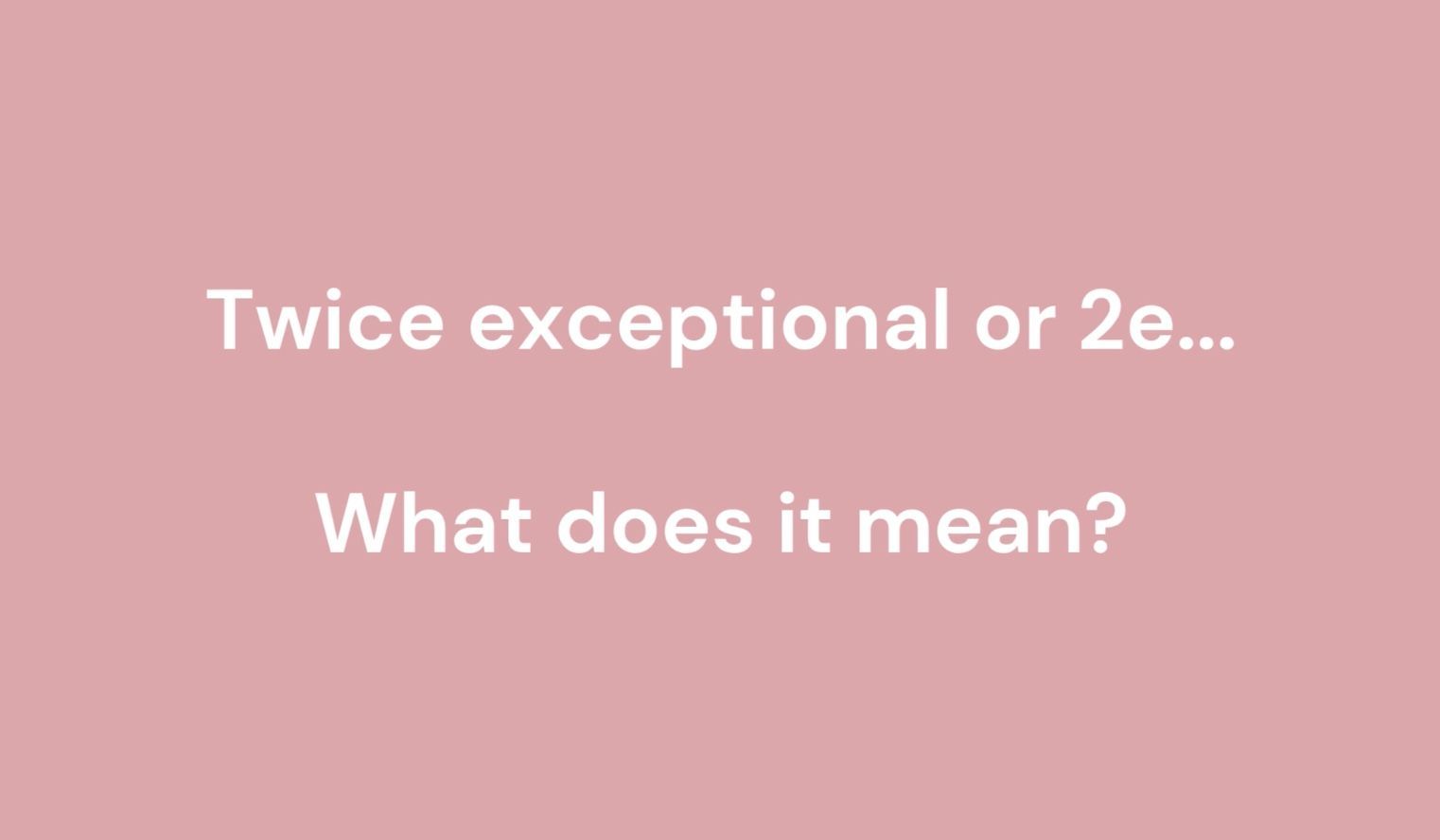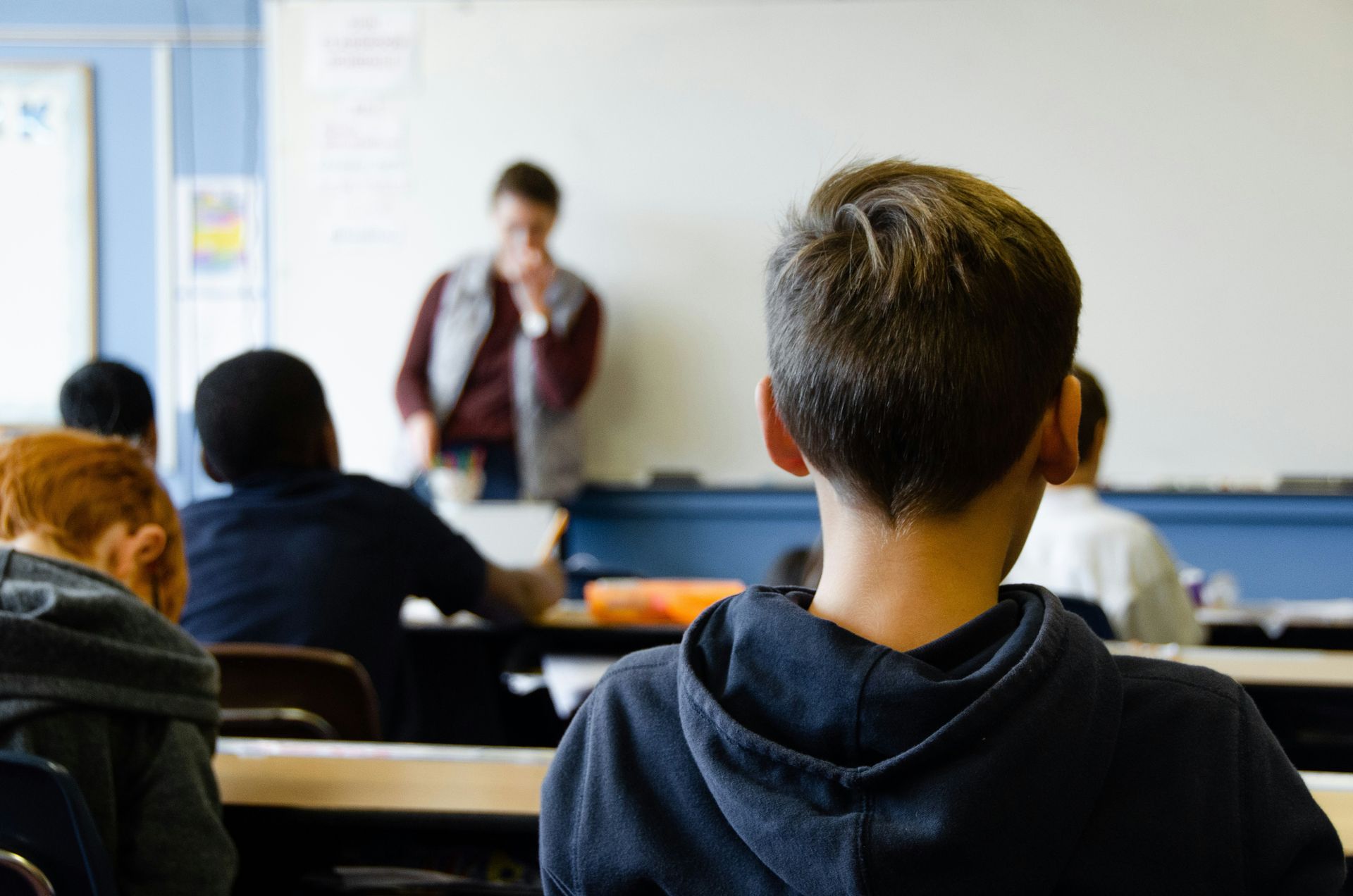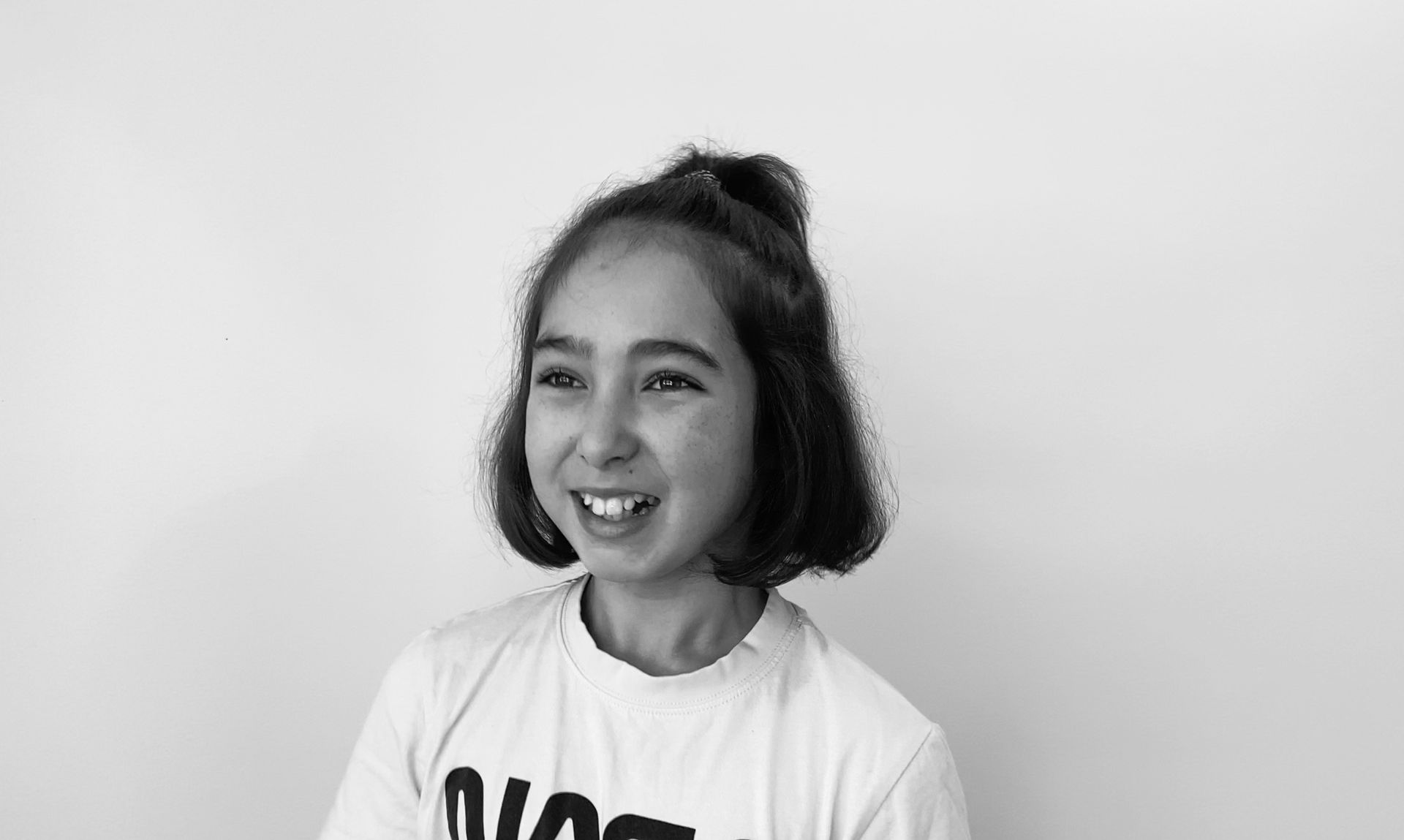Former Primary Extension and Challenge (PEAC) Student Inspires Current Participants at Special Gifted Awareness Week Event
During Gifted Awareness Week, Nicola Thomas joined a class of current PEAC students at the Aquarium of Western Australia (AQWA) taking part in weekly course called “AQWA Experts” to share her story and to inspire the futures of a new generation of students. These students complete the course by attending sessions at AQWA one morning a week over ten weeks, culminating in them presenting their own ‘expert’ talk about one of AQWA’s resident creatures to an audience of their peers and parents, onsite at AQWA.
Nicola, a former PEAC student, is currently in her final year of a double major in Marine Science and Conservation Biology at UWA. She has taken part in three turtle tagging programs through Pendoley Environmental and the Department of Biodiversity, Conservation and Attractions.
Through these programs she tagged flatback and hawksbill turtles on three sites along the northern WA coastline. Just recently she finished a placement with the Department of Water and Environmental Regulation, in which she did field work on seagrass, freshwater invertebrates and water sampling. She is taking part in survey work through the Department of Fisheries with both abalone and tailor research. She volunteers as a SCUBA aquarist at AQWA, and also with the Swan Estuary Reserves Action Group (SERAG). Through SERAG, her name was put forward for the Swan Alcoa Landcare Program (SALP) Budding Landcare Award, and she was chosen as a finalist. She has also recently attended Conservation Camp in Albany.
Nicola was a PEAC student whilst attending Churchlands Primary School. She took part in many biology based courses. Her two most influential courses were Swamp Stars and Marine Science Madness. About “Swamp Stars” (based at the Henderson Environmental Centre at Star Swamp in North Beach) with PEAC teacher Kirsteen McCrory, Nicola says, “It gave me a good understanding of the ecology and biology of Perth and I’ve also found the principles to be very relevant while doing my conservation camp down in Albany.”
Of “Marine Science Madness” (based at AQWA) with former PEAC teacher Sabine Winton, Nicola says, “It inspired me to work towards achieving a much greater understanding of marine biology. Since then I have directed all my work and spare time to learning all I can about the underwater world, and loving every second of it.”
PEAC allows like-minded government school students in Years 5 and 6 to interact and work together in an environment of choice and active learning. The program focuses on developing the students’ personal and social and critical and creative skills, whilst accessing and applying above-level curriculum content.
The Year 6 students in AQWA Experts who met Nicola at the Gifted Awareness Week event had the following things to say about their own experiences and their sense of belonging within the program.
“At PEAC you get to work with different kids that think like you.” Sienna
“PEAC is amazing because cooperating with other people with the same interests extends your learning extraordinarily.” Nic
“We can cope with being bombarded with facts and knowledge they never dreamed of having. That means we all belong.” Fiona
“I feel like I can share myself more freely because I’m with people like me. I think that PEAC has given me a chance to see what I want to do with my life. I think that meeting Nicola has really sparked my interest in marine science.” Bonnie
“It is great to extend our learning with other students from other schools that think the same way: creative, inspired and smart. To me PEAC means learning with no limit. It means learning and meeting new people to study and learn with.” Reef
“The reason why I love going to PEAC is because I get to be with people that are like me.” Samantha
“PEAC is a good place for me to be with other like-minded peers. I can be challenged and extended along with everyone around me. I can belong rather than being the only person extended.” Elijah
PEAC acknowledges their long-standing relationship with AQWA and thanks them for their continued support of the program and each individual student. In partnership with PEAC, AQWA regularly host two different PEAC courses: the Science-based “AQWA Experts” and English-based ‘AQWA Authors”.
by: Kirsteen McCrory
Disclaimer: The views and opinions expressed in this blog are those of the author and do not necessarily reflect the official policy or position of the AAEGT.
Share this resource
Resources

